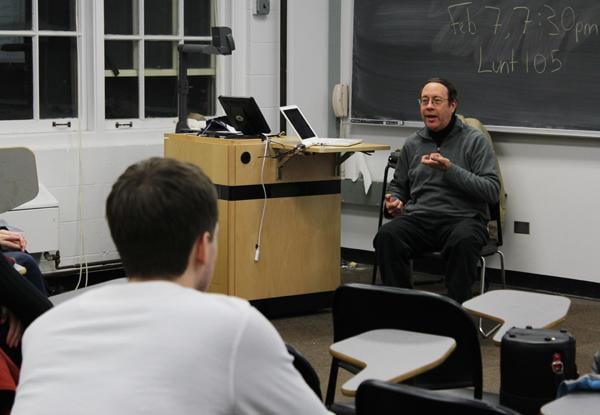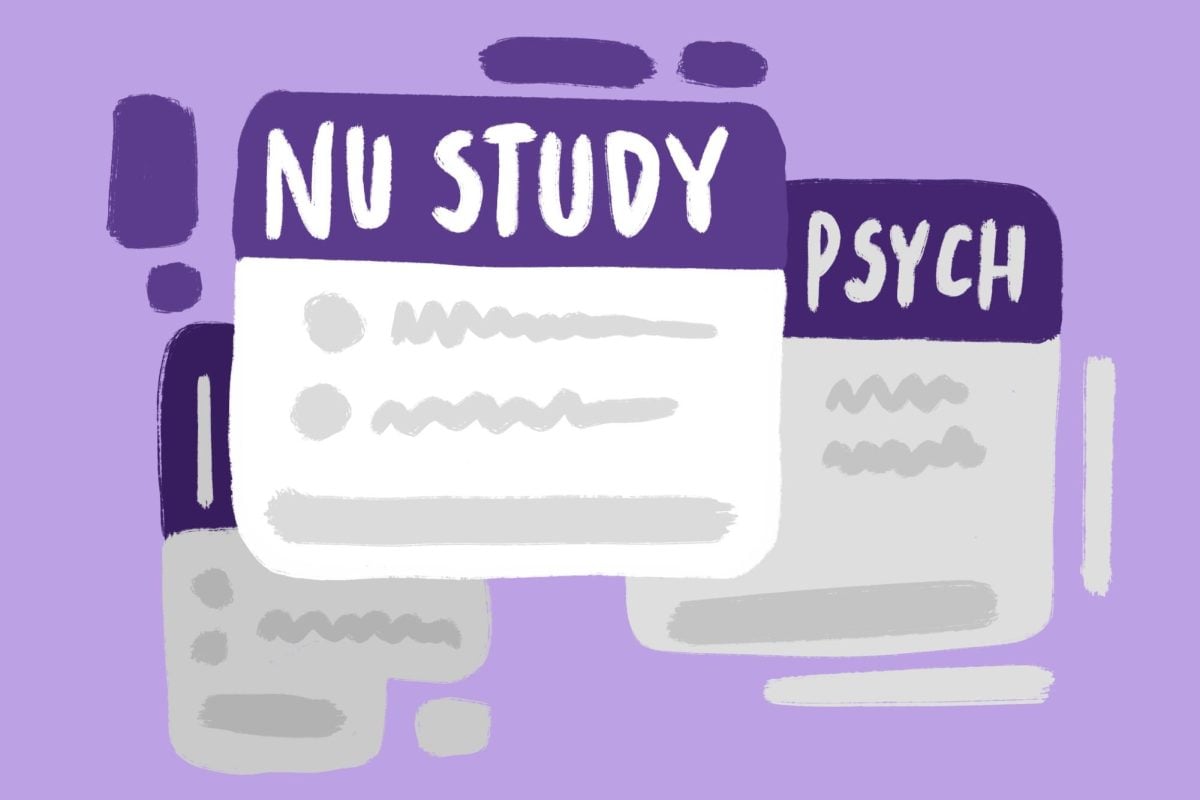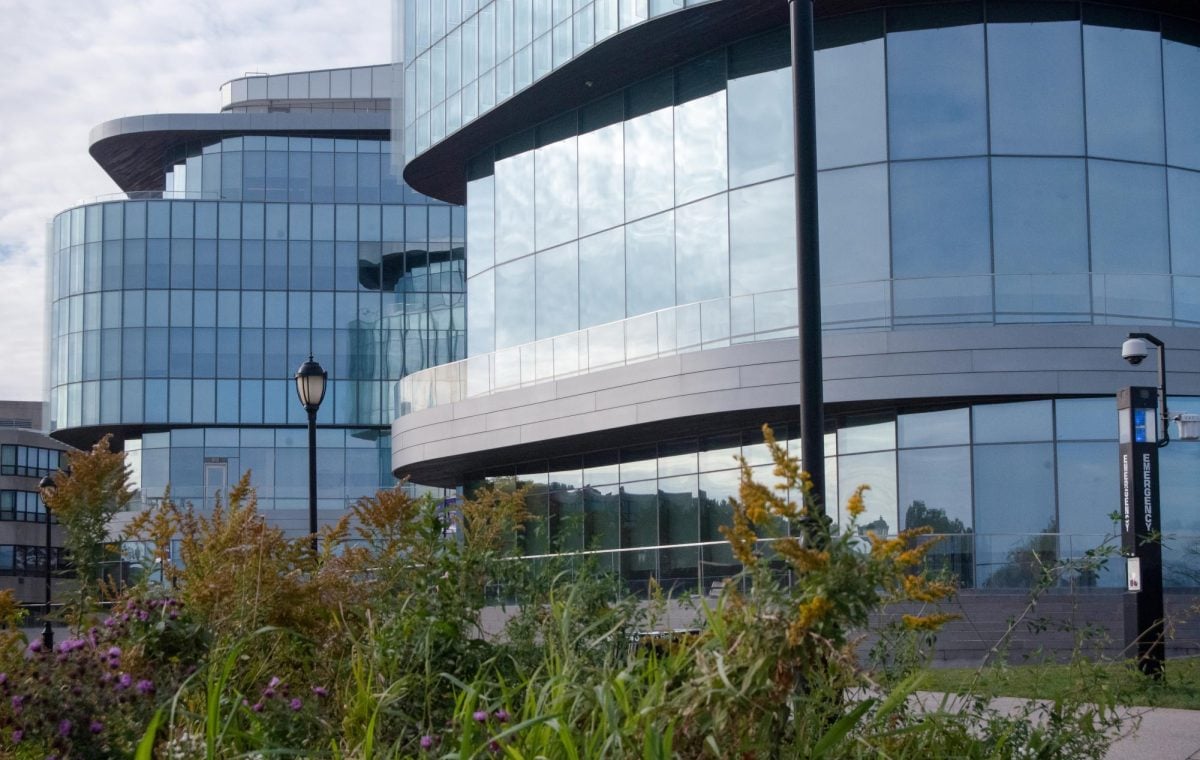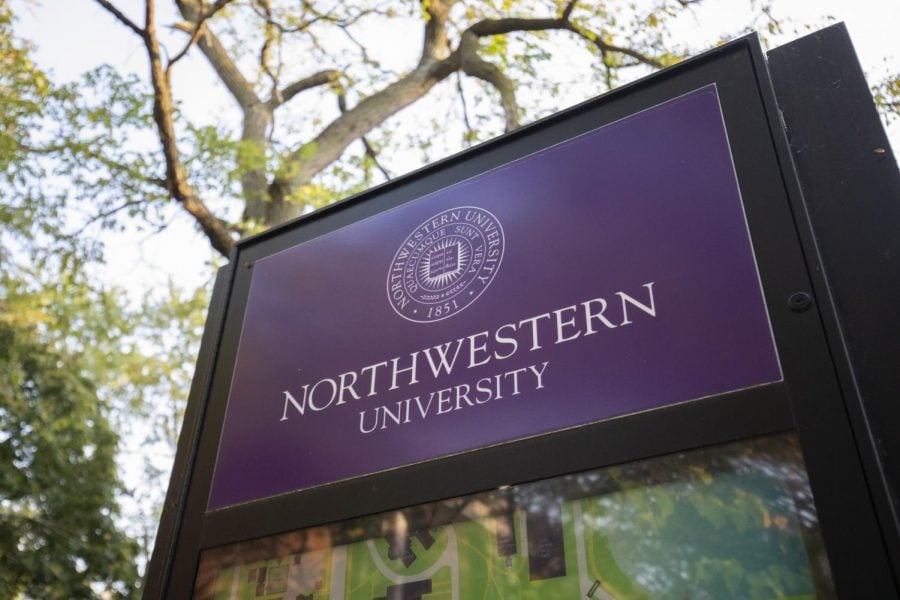
As part of a new series of fireside talks promoting mental health awareness, NU Active Minds held a discussion Monday night on music’s role in understanding emotions and improving mental health.
Bienen Prof. Richard Ashley, who teaches courses on music theory and cognition, led the talk. “Music and the Mind” drew about 20 students to Kresge Hall, where discussion topics ranged from using music as a tool to understand everyday emotions to musical therapy’s uses in clinical settings.
The discussion began with Ashley playing two versions of the 1970 song “Layla,” contrasting the original upbeat, bluesy version recorded by Derek & the Dominos with the 1992 MTV Unplugged version, in which Eric Clapton adopted a slower, sadder tone. The drastic change in musical mood was tangible, and Ashley used the example to highlight how music can serve as a good medium for expressing emotion.
Ashley led the rest of the talk using studies linking music and emotional mood, as well as graphs showing how music therapy improved the conditions of clinical patients. Although the subtleties of the data are not fully understood, Ashley stressed the clear potential of music therapy. Day-to-day life as a college student is often stressful, but students can use music to help them “function in a healthy manner,” he said.
“We need to examine the various tools we have to helping people have healthy minds,” Ashley said. “Music is a powerful one, even though how it works is still poorly understood.”
NU Active Minds planned Monday’s fireside as the second in a series of Winter Quarter firesides meant to offer students more personal settings to discuss mental health. Naina Desai, special events chair for NU Active Minds, said she hopes the small scale of the fireside format will facilitate more discussion and increase understanding of mental health among students.
“A lot of times people associate mental health with mental illness, but being stressed out is not a healthy mental state,” the Weinberg junior said. “We listen to music based on moods; this is our mental health.”
Ashley said he was delighted when asked to work with NU Active Minds, especially given the recent surge in mental health awareness on campus. At the beginning of the quarter NU Active Minds secured support from the administration and Associated Student Government to create a Mental Health Essential NU orientation program for future Wildcat Welcome programming to inform incoming freshmen about the significance of mental health in college.
“The mental health of Northwestern students is an important and timely topic,” he said. “We know that music is a way that young people use to manage stress and emotions of daily life.”
Ashley ended the discussion by answering student questions, which focused on the use of music to improve emotional health.
NU Active Minds members said they hope students who attended the discussion learned the ways in which music can be utilized to optimize mental health.
“Listening to music is a way to make you a healthier person overall,” Desai said.
The next NU Active Minds fireside will be on Feb. 13. Co-hosted by Sexual Health and Assault Peer Educators and the Center for Awareness, Response and Education, the talk will address mental health and healthy relationships.


















